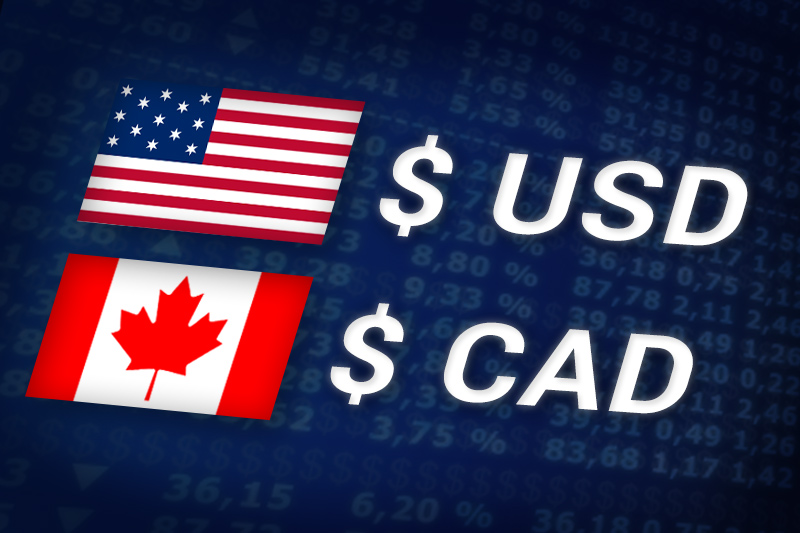Investing.com – The Canadian dollar trimmed gains against its U.S. counterpart on Thursday, easing off a 35-month high, after a string of mixed U.S. economic data.
USD/CAD eased off 0.9816, the pair’s lowest since March 2008, to hit 0.9839 during European afternoon trade, shedding 0.07%.
The pair was likely to find support at 0.9816, the days low and a 35-month low and resistance at 0.9902, Wednesday’s high.
The U.S. Labor Department said its core Consumer Price Index, excluding food and energy, increased 0.2%, the largest gain since October 2009, after rising 0.1% in December. Economists had expected core CPI to rise by 0.1% in December.
Overall CPI rose 0.4% after increasing by the same margin in December. Food and energy accounted for over two-thirds of the rise in overall CPI. Economists had expected CPI to rise 0.3% last month.
Despite the slightly above expectations rise in January, the consumer inflation report tended to support the Federal Reserve's views that inflation remains too low.
Meanwhile, Statistics Canada said that wholesale sales increased slightly less than expected in December, with the largest contributors to the increase coming from the machinery and motor vehicle sectors.
The loonie was also up against the euro, with EUR/CAD easing down 0.05% to 1.3355.
Also Thursday, the U.S. Labor Department said the number of people who filed for unemployment assistance in the U.S. last week rose more-than-expected.
USD/CAD eased off 0.9816, the pair’s lowest since March 2008, to hit 0.9839 during European afternoon trade, shedding 0.07%.
The pair was likely to find support at 0.9816, the days low and a 35-month low and resistance at 0.9902, Wednesday’s high.
The U.S. Labor Department said its core Consumer Price Index, excluding food and energy, increased 0.2%, the largest gain since October 2009, after rising 0.1% in December. Economists had expected core CPI to rise by 0.1% in December.
Overall CPI rose 0.4% after increasing by the same margin in December. Food and energy accounted for over two-thirds of the rise in overall CPI. Economists had expected CPI to rise 0.3% last month.
Despite the slightly above expectations rise in January, the consumer inflation report tended to support the Federal Reserve's views that inflation remains too low.
Meanwhile, Statistics Canada said that wholesale sales increased slightly less than expected in December, with the largest contributors to the increase coming from the machinery and motor vehicle sectors.
The loonie was also up against the euro, with EUR/CAD easing down 0.05% to 1.3355.
Also Thursday, the U.S. Labor Department said the number of people who filed for unemployment assistance in the U.S. last week rose more-than-expected.
